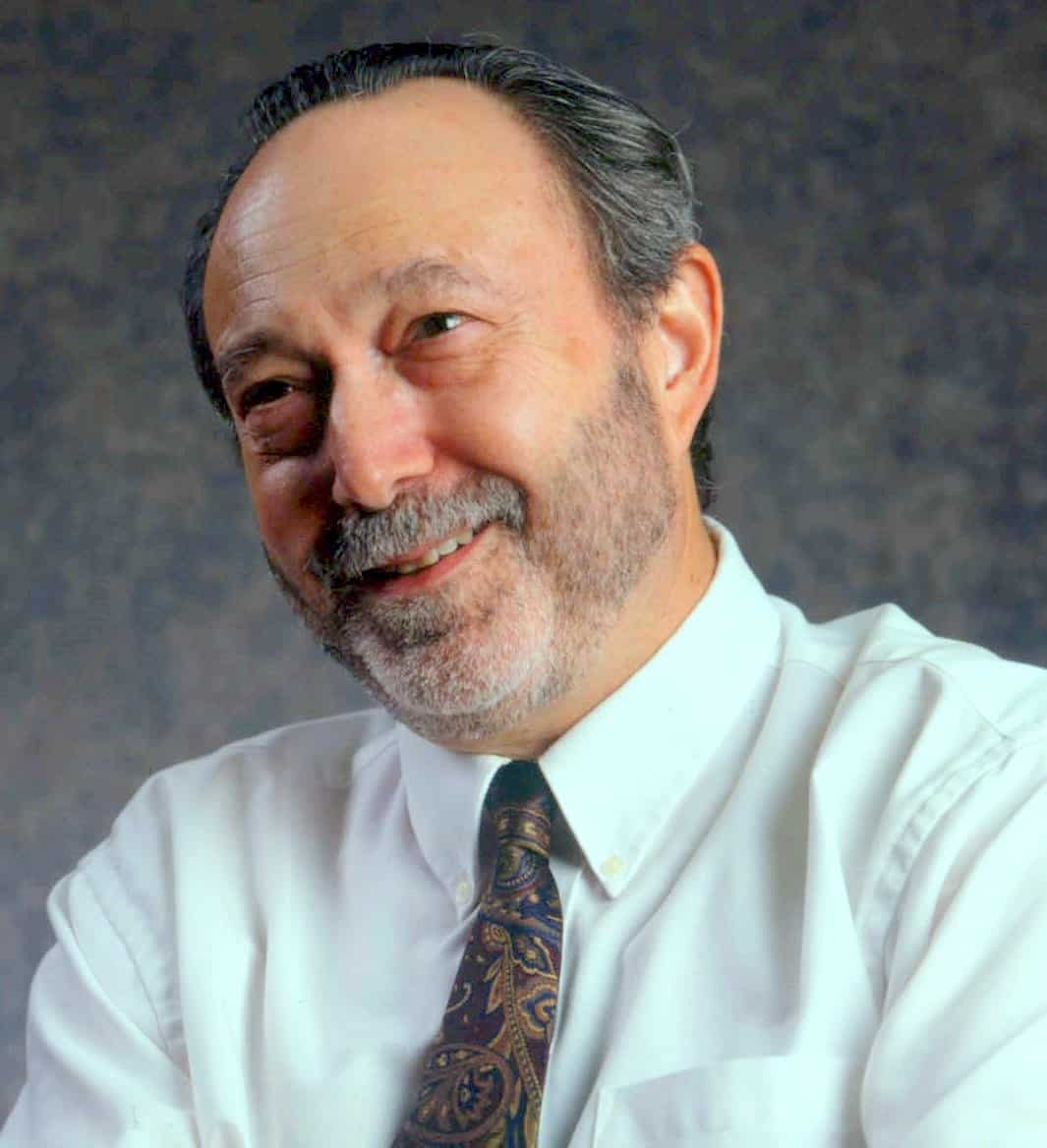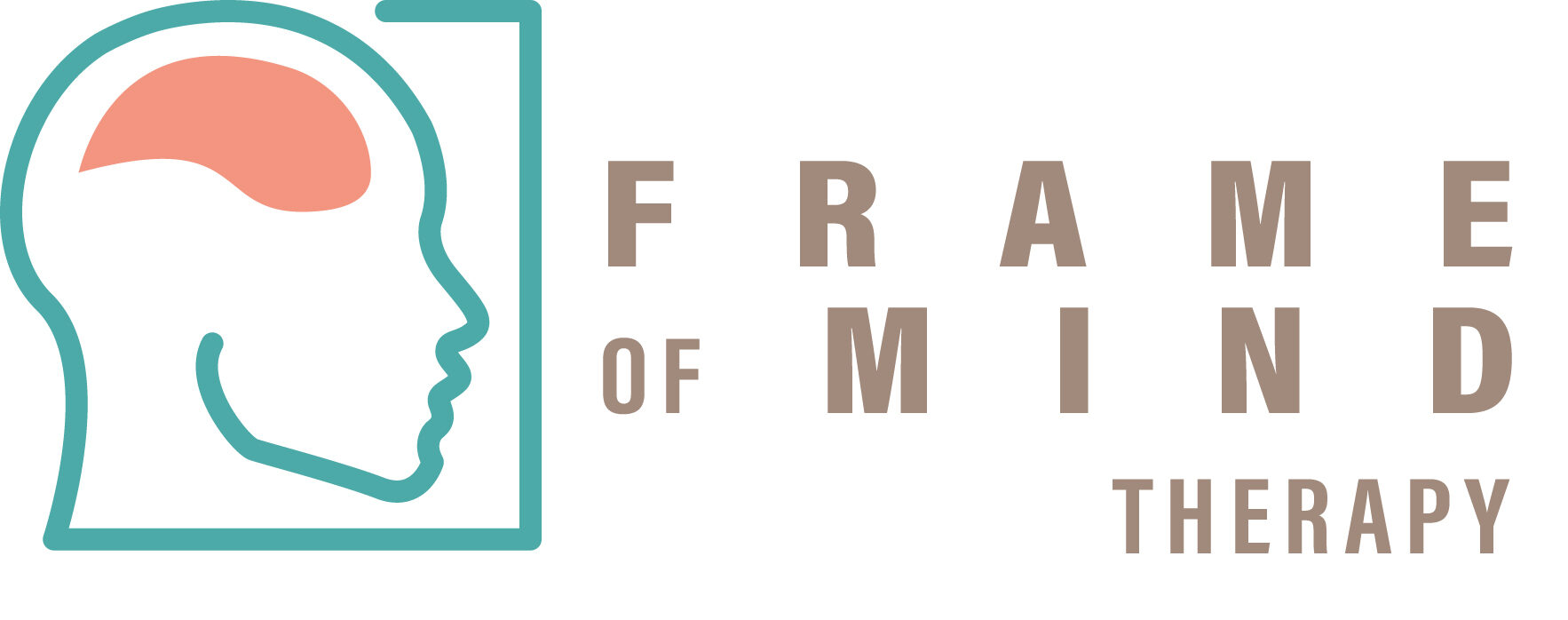Why Learn the Polyvagal Theory?

Because the Polyvagal Theory offers us the science of understanding human connection, emotions, and reactions. Developed by Dr. Stephen Porges, PhD, and brought into clinical therapeutic applications by Deb Dana, LCSW, Polyvagal Theory is the science of safety. Safety is arguably the most important aspect of successful human interaction. Feeling safe allows us to communicate effectively, engage, learn and grow.

Polyvagal Theory is based on an understanding of the autonomic nervous system and the vagus nerve. These structures within all of us play a huge role in our ability to feel safe and connected to other beings, and the world around us.
Training in the Polyvagal Theory is useful for a variety of reasons. First, it offers us a deeper understanding of ourselves, as well as a greater understanding of others, and how we biologically inter-relate. This deeper understanding can improve coworker relationships and interpersonal workplace dynamics. Utilizing a Polyvagal lens can assist teachers in working with children and teens. Thinking Polyvagal can improve family relationships.
Again, Polyvagal Theory helps us understand some of the biological basis for our emotions, thoughts and behaviors. For more information on the polyvagal theory, see Polyvagal Institute | Stephen Porges
